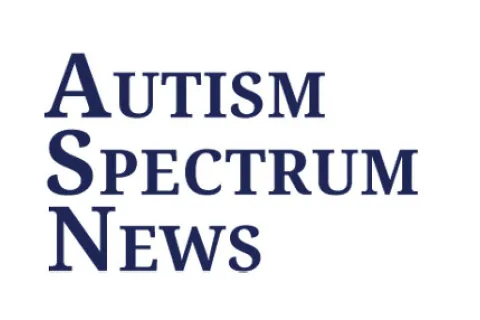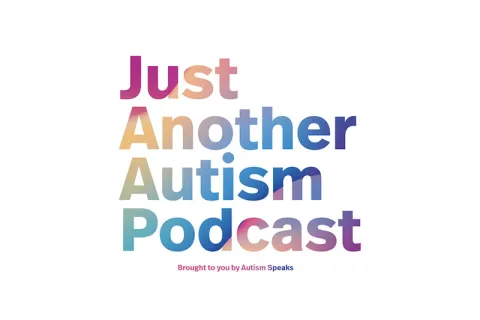Back-to-school lessons in self-advocacy as an autistic parent
By Anne Nagel, Ph.D.Anne Nagel is a cognitive engineer and human factors specialist at Autism Speaks. She is also an executive function coach with a focus on autistic girls and women.
No parenting book mentions that having kids would require so many social interactions with other adults. As a mom, I interact with doctors, teachers, school administrators, coaches, other parents – not to mention all the helpful store employees who help direct me to a video game my sons request. Every fall when my kids were in school, I had to navigate communication with a new set of teachers, which is not a small task for a parent with autism. In each situation, I had to decide if and how I should request that the teacher accommodate my communication needs.
Autism greatly affects how I communicate. My brain takes a little longer to process some information. Every time I meet a new person, I need to learn how they communicate. I don’t have the skills to generalize how people communicate. Each person is unique and has a unique style. I rely heavily on context. This can be exhausting. Each new teacher requires that I learn how to communicate with another new person. New people also don’t yet know how to communicate with me. They assume I communicate like everyone else. These factors can set both of us up for potential misunderstandings.
Over the years of my children’s education, I learned how to advocate for myself in our school community. I learned how to request that a teacher use concrete language with me. I informed teachers that I preferred using email and texting over verbal communication. I addressed my confusion with facial expressions and my issues with tone.
Whenever people talk about advocating for yourself, I get frustrated wondering, “How?” When I’m asking people to respect my communication needs, I focus on the main issues that affect my daily communication. These are specific to me. Your issues might be different. It is also your choice whether to disclose your autism or focus your request on your specific needs (known as soft disclosure).
Here is a sample of an email I would send a teacher before school starts, using soft disclosure:
My daughter Ruby has been assigned to your class this fall. Before we start classes, I wanted you to know I communicate best through e-mail and text. Written language allows me time to process the meaning of a message. I need concrete language. I don’t understand abstract language or unwritten norms. If I don’t understand something, I will probably ask for you to explain it. I have trouble understanding facial expressions and my tone seldom reflects my message. Often my message will be happy, but my tone might sound sad or angry. Thank you for cooperating with me regarding my communication needs. If you have any questions, please let me know.
Advocating for yourself as an autistic parent means taking an airplane oxygen mask approach. I need to put the oxygen mask on myself first before I can help my child. If I want to be a good advocate for my child, I need to first be a good advocate for myself.








